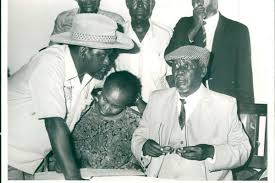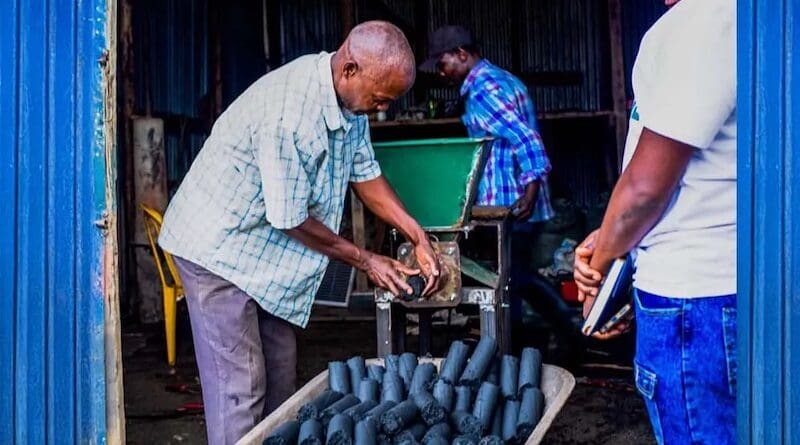In a little-known episode of East African history, former Tanzanian President Julius K. Nyerere once granted former Kenyan Prime Minister Raila Odinga a Tanzanian passport — a gesture that highlights the long-standing friendship and political solidarity between the two leaders.
According to historical records, the passport was issued during a period when Raila Odinga faced political pressure in Kenya.
Nyerere, known for his Pan-African vision and support for democracy across the continent, reportedly facilitated the document to allow Raila safe passage and freedom of movement while continuing his political activism.
This act is remembered as a significant mark of support, reflecting Nyerere’s commitment to protecting regional leaders and activists striving for democratic reforms.
Raila Odinga, who later became Kenya’s Prime Minister and a central figure in the country’s multi-party politics, frequently cited Nyerere’s support as an inspiration in his own struggle for justice and political freedom.
The Tanzanian passport episode is one of many instances that illustrate the close political ties and mutual respect between Kenyan and Tanzanian leaders during the 1980s and 1990s.
It also underscores Nyerere’s legacy as a mentor and ally to pro-democracy movements in East Africa.
Today, as Kenya and the region continue to reflect on Raila Odinga’s decades-long contribution to politics, this historical gesture serves as a reminder of the solidarity and courage that shaped East Africa’s political landscape.



